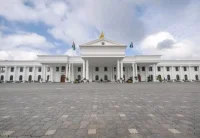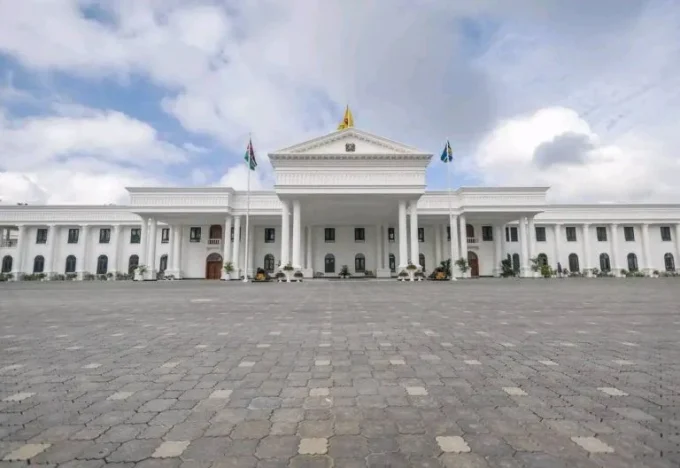Long vilified as sorcerers, the rainmakers of Nganyi in Vihiga County now have a radio station to show for their efforts which, according to the government, will be used to disseminate information touching on weather and climate.
From the croak of a frog to the movement of termites, members of the Nganyi community can predict and interpret weather patterns. The community radio station is based at the Ranet Climate Resource centre, which will double as a laboratory for students taking environmental courses.
The newly launched radio is the fifth of its kind in Kenya after successful commission of Suswa, Budalangi, Kangema and Kwale community radio stations. It will broadcast at 101.2 FM covering a limited radius of the Emuhaya region and disseminating information relating to climate to the local communities for them to muster and foster climate action. One hundred radio receivers were donated to the local people to ease flow of information.
In a speech read on her behalf by the environment principal secretary Dr Alice Kaudia, Cabinet Secretary for Environment, Water and Natural Resources, Prof Judi Wakhungu stated the significance of the strategic location of the centre considering the generational expertise of the Nganyi people over the years in traditional weather forecasting.
“Nganyi people have served as rainmakers for generations helping communities prepare their land and sow their seeds, this would then be relayed to the communities through ceremonies, public meetings and on a person to person engagement. This method of disseminating information will be improved immensely with the launch of the community radio,” said the CS.
Emuhaya MP Wilbur Otichillo stated that the station will be giving weather forecast after every 10 minutes to ensure farmers are well informed on the best time to plant their crops hence improving food security in the region.
Nganyi community, a clan of traditional rainmakers that for centuries has made its living disseminating forecasts to local farmers, has sometimes been belittled as wizards. Their fate was sealed in the early 1900 when British colonial authorities detained their great grandfather, accusing him for being responsible for the poor rainfall received in the area.
The ancestor had 30 wives and when he died, and he was buried in a sitting position with a rainmaker’s pot on his head in a village near Kisumu, where his descendants visit regularly to concoct their forecasts.















































![Pula Co-Founders and Co-CEOs, Rose Goslinga & Thomas Njeru. Pula provides agricultural insurance and digital products to help smallholder farmers manage climate risks, improve farming practices and increase their incomes. [ Photo / Courtesy ]](https://businesstoday.co.ke/wp-content/uploads/2021/01/Pula-Co-Founders-and-Co-CEOs-Thomas-Njeru-Rose-Goslinga.jpg)




























































Leave a comment